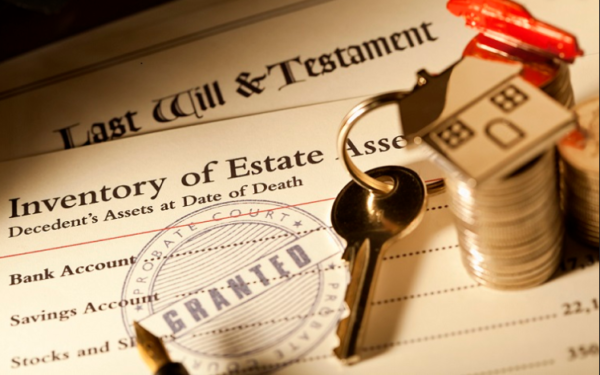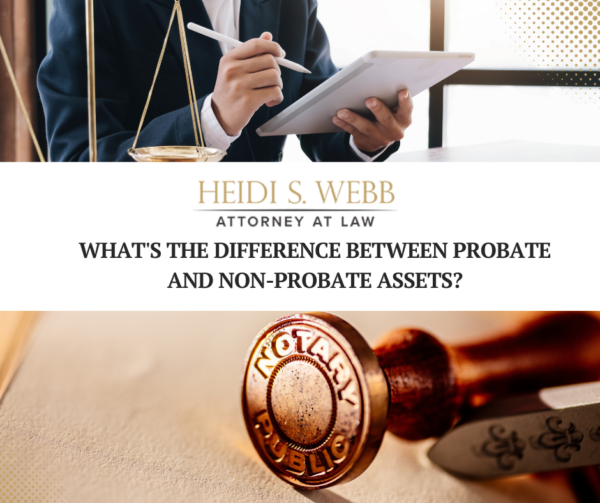Estate planning in Florida encompasses more than just preparing a will. One crucial aspect of planning involves understanding the difference between probate and non-probate assets. This distinction can significantly affect how your estate is distributed after death.
Probate Assets
Probate is the legal process by which a deceased person’s assets are identified, their debts paid, and the remaining assets distributed according to their will. If there’s no will, the assets are distributed according to Florida’s intestacy laws.
Probate assets include:
- Real estate owned solely by the deceased: Joint ownership with the right of survivorship will bypass probate.
- Personal property: Items like cars, jewelry, furniture, etc., solely in the deceased’s name.
- Bank accounts solely in the deceased’s name: This doesn’t include joint accounts or accounts with designated beneficiaries.
- Investments and stocks held solely in the deceased’s name: This also excludes joint holdings or beneficiary-designated accounts.
The probate process in Florida can be time-consuming and expensive, with costs sometimes taking up a significant portion of the estate.
Non-Probate Assets
Non-probate assets, on the other hand, pass directly to a designated beneficiary or joint owner without going through the probate process. This provides a more immediate property transfer and typically avoids the costs and delays associated with probate.
Non-probate assets include:
- Jointly owned property with the right of survivorship: The surviving joint owner automatically inherits the asset.
- Retirement accounts with designated beneficiaries: Such as IRAs, 401(k)s, etc.
- Life insurance policies with named beneficiaries.
- Payable on death (POD) or transfer on death (TOD) accounts: These designations allow assets to pass directly to a designated beneficiary.
- Trust assets: Assets held in a living trust bypass probate and go directly to the named beneficiaries.
Why Understanding the Difference Matters
Understanding the difference between probate and non-probate assets is vital in estate planning. It influences how you choose to hold property or designate beneficiaries to ensure that your assets are distributed according to your wishes with as little time and expense as possible.
Navigating probate and non-probate assets in Florida can be complex. An experienced estate planning attorney like Heidi S. Webb, Esq., can help guide you through the intricacies of Florida’s estate laws and ensure that your estate plan is tailored to your unique situation. Contact Heidi today to discuss your estate planning needs.
Heidi S. Webb, Attorney at Law, serves clients in Daytona Beach, Ormond Beach, Port Orange, and beyond with matters of Estate Planning and Probate. Contact her today to schedule a free consultation. Visit her page on Facebook, or see what her clients are saying to learn more about Heidi.




